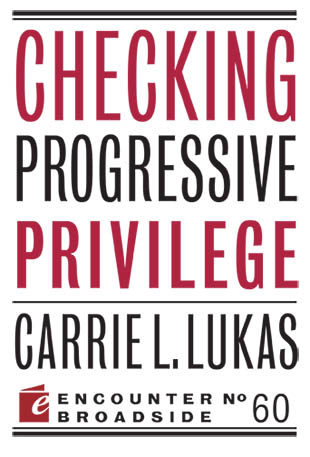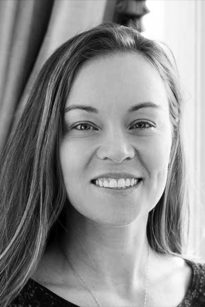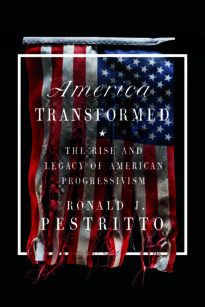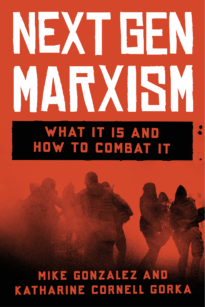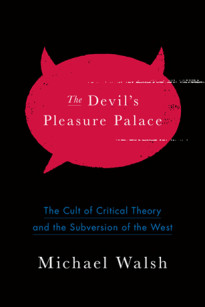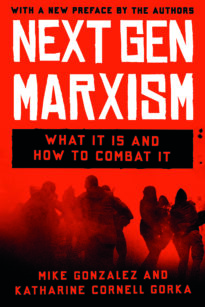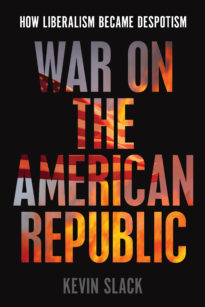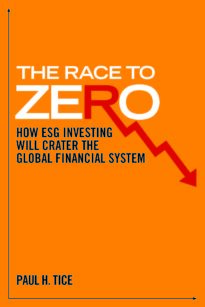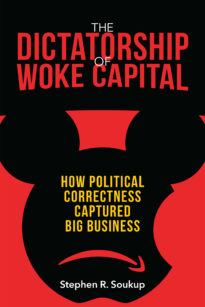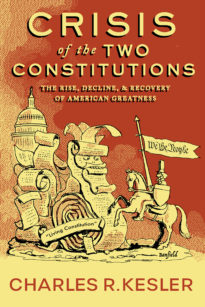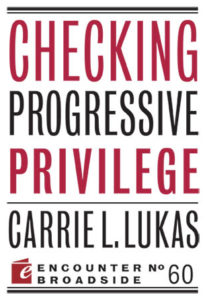Something is very wrong with our political culture today. That’s one of the few areas of agreement in this era of contentious and uncivil debate.
We need to restore a climate in which we can productively debate across the political divide and decide upon different policies, leaders, and paths forward. We want to create an environment where more good people seek to get involved in leading our communities and country.
This Broadside explores one overlooked phenomenon that helps fuel the lack of civility in the debate between sides, makes it harder to distinguish facts from falsehoods, and discourages good people from getting involved.
This phenomenon is the privilege afforded to the progressive worldview by many of the most influential institutions of our society.
You may feel like you are already well familiar with the “progressive privilege” concept, which sounds a lot like liberal media bias, and has been explored in many books and forums. It isn’t a great revelation to hear that journalists at major newspapers and television channels are disproportionately Democrats. But the extent of those leanings may be surprising: One study by the Center for Public Integrity looking at donations to presidential campaigns by working journalists in 2015 and 2016 finds that 96 percent went to Hillary Clinton. Indiana University professors find that for every journalist who self-identifies as a Republican, there are four who identify as a Democrat. While media bias plays a role in this phenomenon, progressive privilege is different.
Similarly, the overwhelming dominance of liberal professors on college campuses, where there are ten professors registered as Democrats for every one Republican professor, and the softer echo of this split in our public K–12 schools, contributes to progressive privilege. But the bias in these institutions is just one aspect of a larger problem.
Progressive privilege is a phenomenon that pervades art, music, fashion, and entertainment advertising, as well as our news and political culture. It is a similar phenomenon to those commonly referred to as white privilege and male privilege, and one that we increasingly recognize also applies to other factors such as sexuality, religion, and class. Privilege isn’t just about being a member of a majority but encompasses subtle forms of discrimination that set expectations for what is normal, what is good, what is just, and what is not.
As a conservative, I have a particular interest in raising awareness and diminishing the power of progressive privilege since it creates burdens for me and those who share my philosophy.
Yet conservatives are not the only group that would be better off if progressive privilege were to lose its influence. Liberals and moderates would benefit as well.
Progressive privilege is helping to drive our country into two camps, where there is no expectation of fair treatment and respectful debating of the facts between the sides. It weakens Democrats and progressive activists by discouraging the vetting of their leadership and policy ideas. It also weakens Republicans and conservative activists by encouraging them to reject criticism – even just criticism – of their leaders and ideas as simply being the result of blind bias.
We want good people to feel free to speak their minds, offer their ideas, and get involved in public life with the expectation that they will be evaluated fairly, even if rigorously, and not denigrated based on stereotypes, associations, and falsehoods.
To make this a reality, we need to recognize how stereotypes and prejudices of all forms impact our actions and behaviors and marginalize some by defining them as outside of what is “normal.” Becoming woke to the power of privilege is the first step in freeing ourselves from it and creating a healthier political environment and a fairer, stronger country.
